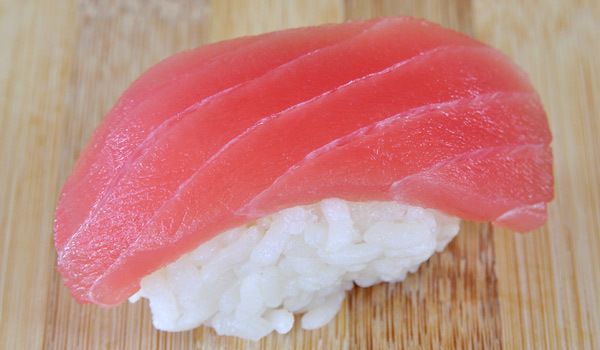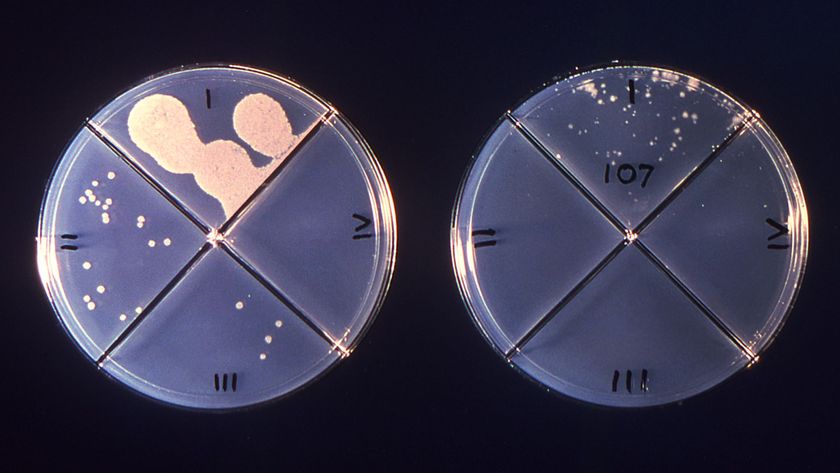Salmonella Outbreak of Unknown Origin Sickens 90

Government agencies are investigating an outbreak of Salmonella infections that have so far sickened 90 people in 19 states, according to the Center for Disease Control and Prevention.
Health officials say it's not clear whether a particular food or foods are behind the bacterial outbreak, but many of the ill people reported eating sushi or similar foods in the week before becoming ill, the CDC said.
Individuals fell ill between the end of January and early April, the CDC says.
The illnesses were caused by an unusual strain of Salmonella, known as Salmonella Bareilly. The strain has previously been the cause of foodborne illness outbreaks associated with bean sprouts.
At this time, there is no specific advice to offer consumers about what foods to avoid, the CDC says. If a specific food source is found, health officials will notify the public, the CDC says.
Most people infected with Salmonella bacteria develop diarrhea, fever, and abdominal cramps 12 to 72 hours after infection, according to the CDC. The illness usually lasts 4 to 7 days, and most people recover without treatment. However, some people develop severe illness that requires hospitalization.
Older adults, infants and those with impaired immune systems are more likely to develop a severe illness from Salmonella infection, the CDC says.
Sign up for the Live Science daily newsletter now
Get the world’s most fascinating discoveries delivered straight to your inbox.
Pass it on: Ninety people have been sickened in a new outbreak of Salmonella, but a source of the outbreak has not yet been found.
This story was provided by MyHealthNewsDaily, a sister site to LiveScience. Follow MyHealthNewsDaily on Twitter @MyHealth_MHND. Find us on Facebook.













